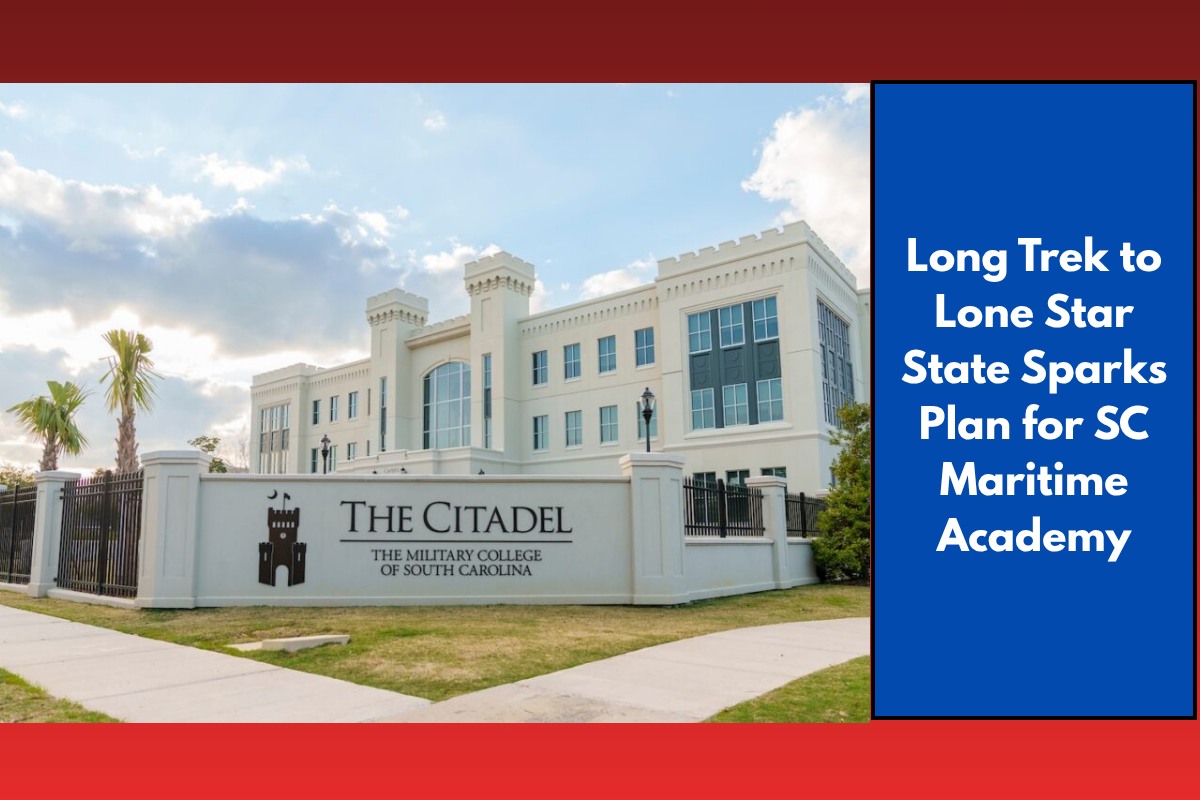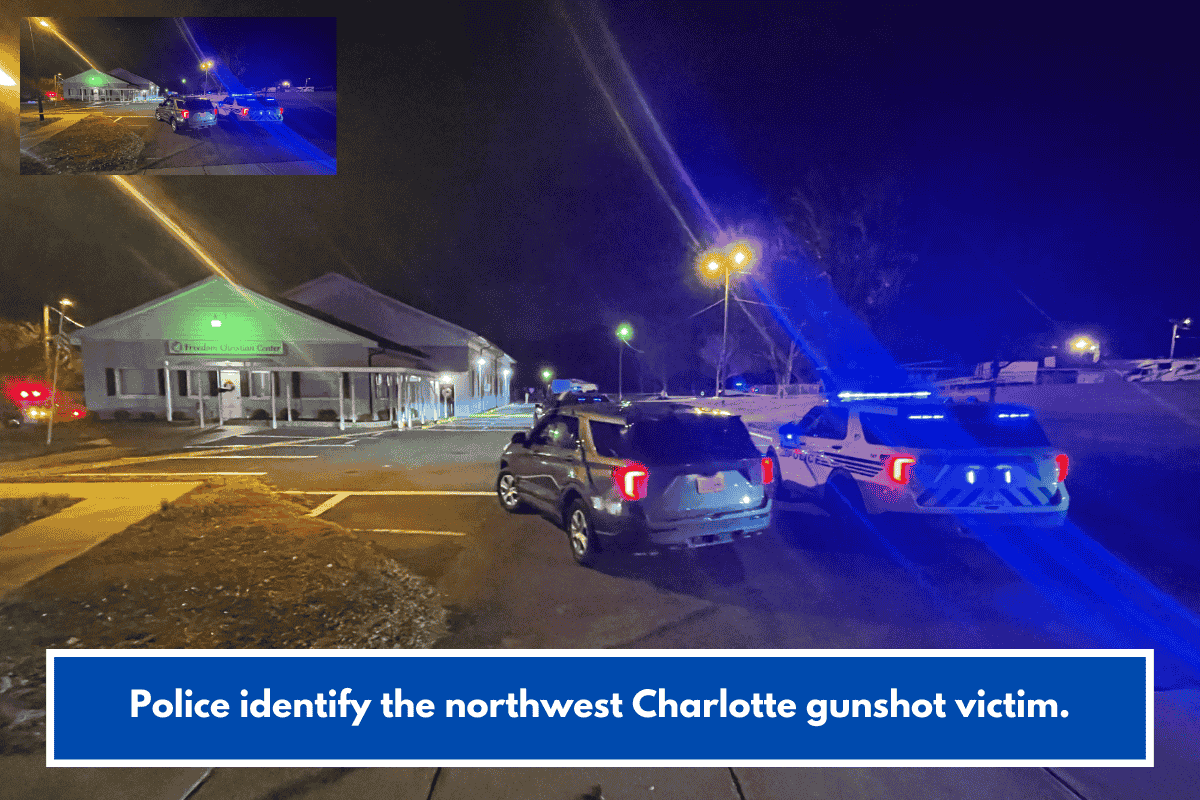CHARLESTON, S.C. – A drive from Charleston to Galveston, Texas, nearly 1,200 miles long, inspired state Rep. Tom Hartnett Jr. to think about something missing in South Carolina: its own maritime academy. During the trip, Hartnett was taking his son Rhett to Texas A&M’s maritime academy, one of only seven such schools in the nation. As he drove, the question kept resurfacing in his mind: Why doesn’t South Carolina have its own maritime academy?
That journey marked the beginning of Hartnett’s drive to create a maritime academy in Charleston. His son, Rhett, who plans to become a merchant mariner, will graduate from Texas A&M later this year, but Hartnett believes that students interested in maritime careers shouldn’t have to travel far — or pay high out-of-state tuition — to get the training they need.
After winning his first election to the Statehouse, Hartnett began working toward his vision. Earlier this week, he met with Brig. Gen. Sally Seldon, provost and dean of The Citadel, to discuss the potential establishment of the South Carolina Maritime Academy at the state’s military college. Hartnett hopes to form a working group of education and maritime industry leaders in the coming months to further explore the project.
The proposed academy would integrate with The Citadel’s existing infrastructure, which would help reduce startup costs and speed up the timeline for launch. Hartnett hopes the academy could be up and running within two years.
While the idea has yet to be formally approved, it’s already receiving strong support from local maritime industry leaders. Bradley Kerr, director of sales and marketing at Detyens Shipyards, noted that the maritime industry faces significant challenges in meeting the demand for a skilled workforce. He emphasized that creating local pathways for students to enter fields like marine engineering and naval architecture would help secure the future of the nation’s maritime infrastructure.
John Cameron, executive director of the Charleston Harbor Pilots, added that many of the merchant marine officers who rise to leadership roles in shipping companies and related industries are often graduates of maritime academies. “South Carolina ought to be one of them,” he said.
The Port of Charleston, a major hub of the state’s maritime industry, would provide real-world training opportunities for students. “Our backyard is nothing but a classroom — a training area for mariners,” Hartnett said.
The proposed maritime academy would also address the growing shortage of maritime officers. Currently, the nation’s seven maritime academies graduate fewer than 1,500 licensed officers annually, well below the estimated need for 2,200 licensed officers and 9,700 water transportation workers, according to the U.S. Bureau of Labor Statistics. With more than half of current officers expected to retire in the next 15 to 20 years, Hartnett believes South Carolina must act to train the next generation of mariners.
Though the proposal is still in its early stages, Hartnett’s vision is clear: to ensure that South Carolina’s waterfront industry has access to a homegrown, skilled workforce, and to provide local students with opportunities for high-paying careers in the maritime sector.














